Breakdancing at the Olympics: a winning move or a mockery?
Paris 2024’s Olympic programme will have a focus on gender equality and youth
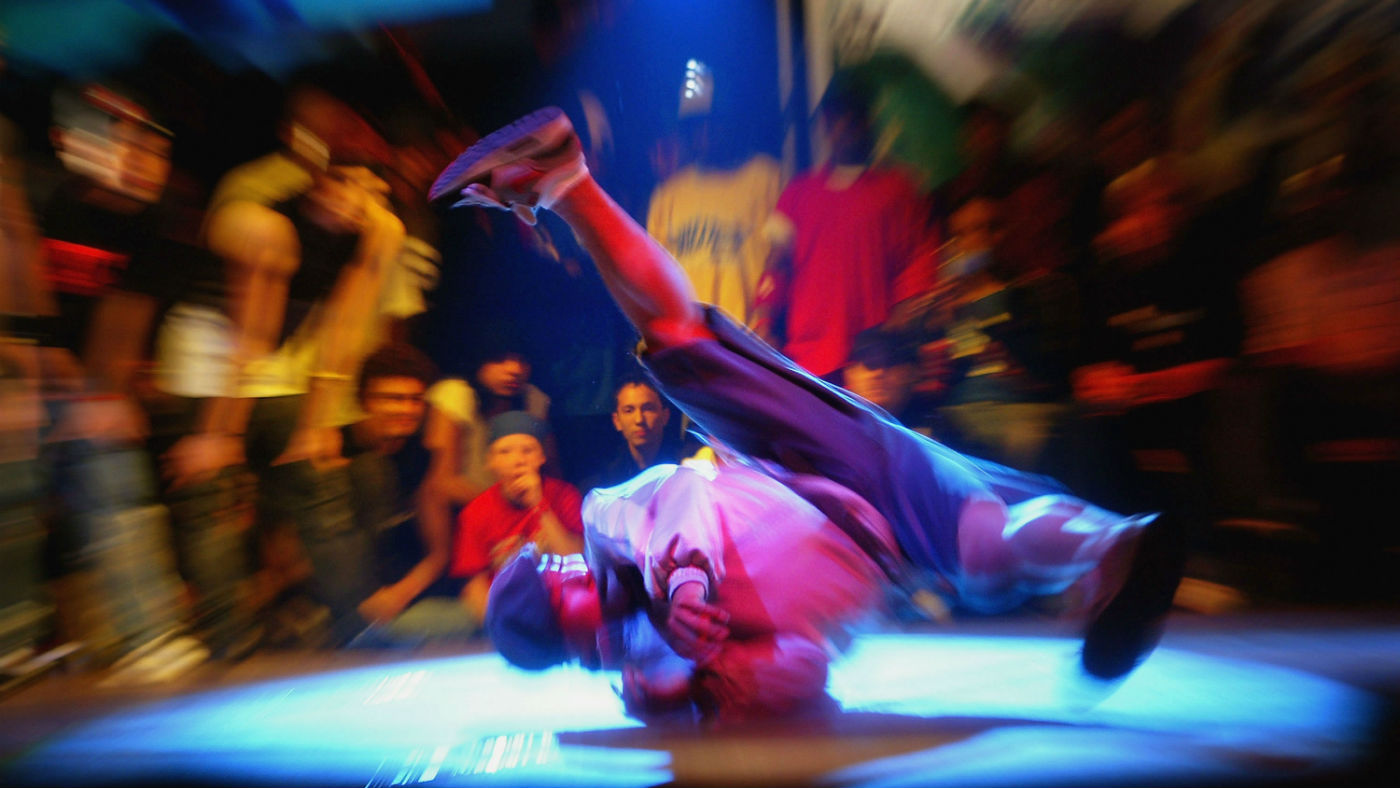
A free daily email with the biggest news stories of the day – and the best features from TheWeek.com
You are now subscribed
Your newsletter sign-up was successful
Breakdancers across the world will be busting a move in celebration after it was confirmed that breaking will make its debut as an Olympic sport in Paris.
In February last year the Paris 2024 Organising Committee said the addition of skateboarding, sport climbing, surfing and breaking would “revolutionise the history of the Games”. And yesterday the proposals were approved by the executive board of the International Olympic Committee (IOC).
Surfing, skateboarding and sport climbing will be retained after debuts at the delayed Tokyo Games in 2021. Three years later breaking will feature, building on the success of the sport at the Youth Olympic Games Buenos Aires 2018.
The Week
Escape your echo chamber. Get the facts behind the news, plus analysis from multiple perspectives.

Sign up for The Week's Free Newsletters
From our morning news briefing to a weekly Good News Newsletter, get the best of The Week delivered directly to your inbox.
From our morning news briefing to a weekly Good News Newsletter, get the best of The Week delivered directly to your inbox.
The summer games in Paris will have a focus on gender equality and youth. The IOC believes the decision to include the new disciplines will help make Paris 2024 “fit for a post-corona world”.
The main features of Paris 2024’s Olympic programme include:
- Exactly 50% male and female participation, following on from the gender equality already achieved for Tokyo 2020, which will have 48.8% female participation
- Growth of mixed gender events, from 18 to 22, compared to Tokyo 2020
- Skateboarding, sport climbing, surfing and breaking confirmed as additional sports based on a proposal by Paris 2024. Breaking makes its Olympic debut in Paris after surfing, skateboarding and climbing feature in Tokyo
- Reduction in the overall athlete quota (including all new sports) to exactly 10,500
- Reduction in the overall number of events, with a final programme of 329 events
IOC president Thomas Bach said: “We are further reducing the cost and complexity of hosting the Games. While we will achieve gender equality already at the upcoming Olympic Games Tokyo 2020, we will see for the first time in Olympic history the participation of the exact same number of female athletes as male athletes. There is also a strong focus on youth.”
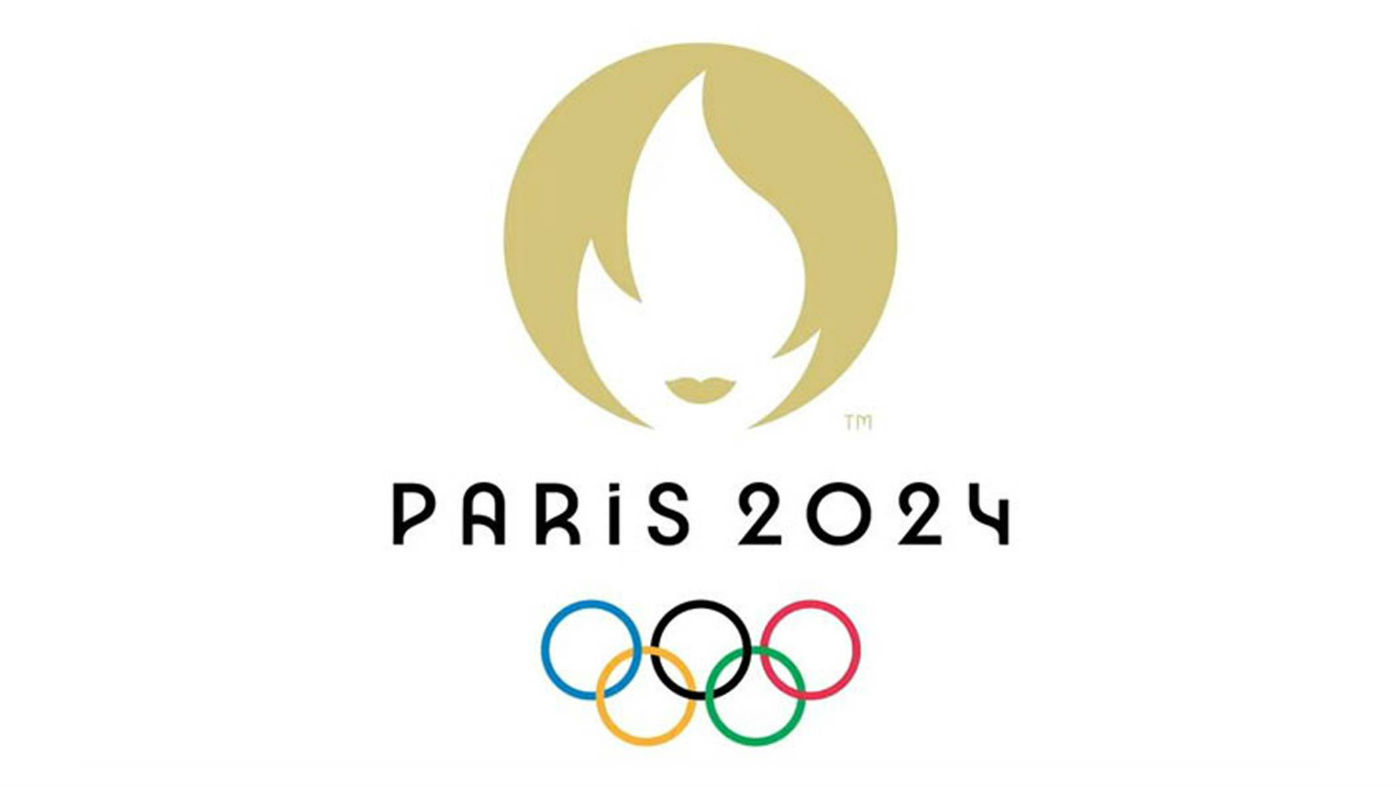
‘The Olympics has lost what it was’
A free daily email with the biggest news stories of the day – and the best features from TheWeek.com
The inclusion of breaking - a competitive form of breakdancing - will give the sport “more recognition”, British breakdancer Karam Singh told BBC Sport. “And for the Olympics, it will attract young people who may not follow some of the traditional sports,” he added.
Squash, parkour, billiard sports and chess campaigned unsuccessfully to be part of the programme for Paris 2024. Australian squash great Michelle Martin says the decision to include breaking has made a “mockery” of the Olympics.
Speaking to the Australian Associated Press, Martin said: “You just look at the whole thing and you just go ‘where’s the Olympics going?’ I know some people say breakdancing’s a sport but... I don’t understand.
“The Olympics was all about a score, or it was a running race. There was a definitive answer and results to sports. You bring in all these judging things and it just gets so corrupt and so out of control. I just don’t get it anymore.”
Martin, a three-time world champion, has lobbied for years for squash to be included. But the 53-year-old has lost all hope of squash ever gaining Olympic status, the AAP reports.
“It’s sort of making a mockery of what the Olympics is,” she added. “When you look at what it all used to stand for, the Olympics, it [squash] definitely fits in the category. The Olympics has lost what it was. Yes they’re trying to move with the times but it’s creating a mockery of the thing.”
Mike Starling is the former digital features editor at The Week. He started his career in 2001 in Gloucestershire as a sports reporter and sub-editor and has held various roles as a writer and editor at news, travel and B2B publications. He has spoken at a number of sports business conferences and also worked as a consultant creating sports travel content for tourism boards. International experience includes spells living and working in Dubai, UAE; Brisbane, Australia; and Beirut, Lebanon.
-
 What to know before filing your own taxes for the first time
What to know before filing your own taxes for the first timethe explainer Tackle this financial milestone with confidence
-
 The biggest box office flops of the 21st century
The biggest box office flops of the 21st centuryin depth Unnecessary remakes and turgid, expensive CGI-fests highlight this list of these most notorious box-office losers
-
 The 10 most infamous abductions in modern history
The 10 most infamous abductions in modern historyin depth The taking of Savannah Guthrie’s mother, Nancy, is the latest in a long string of high-profile kidnappings
-
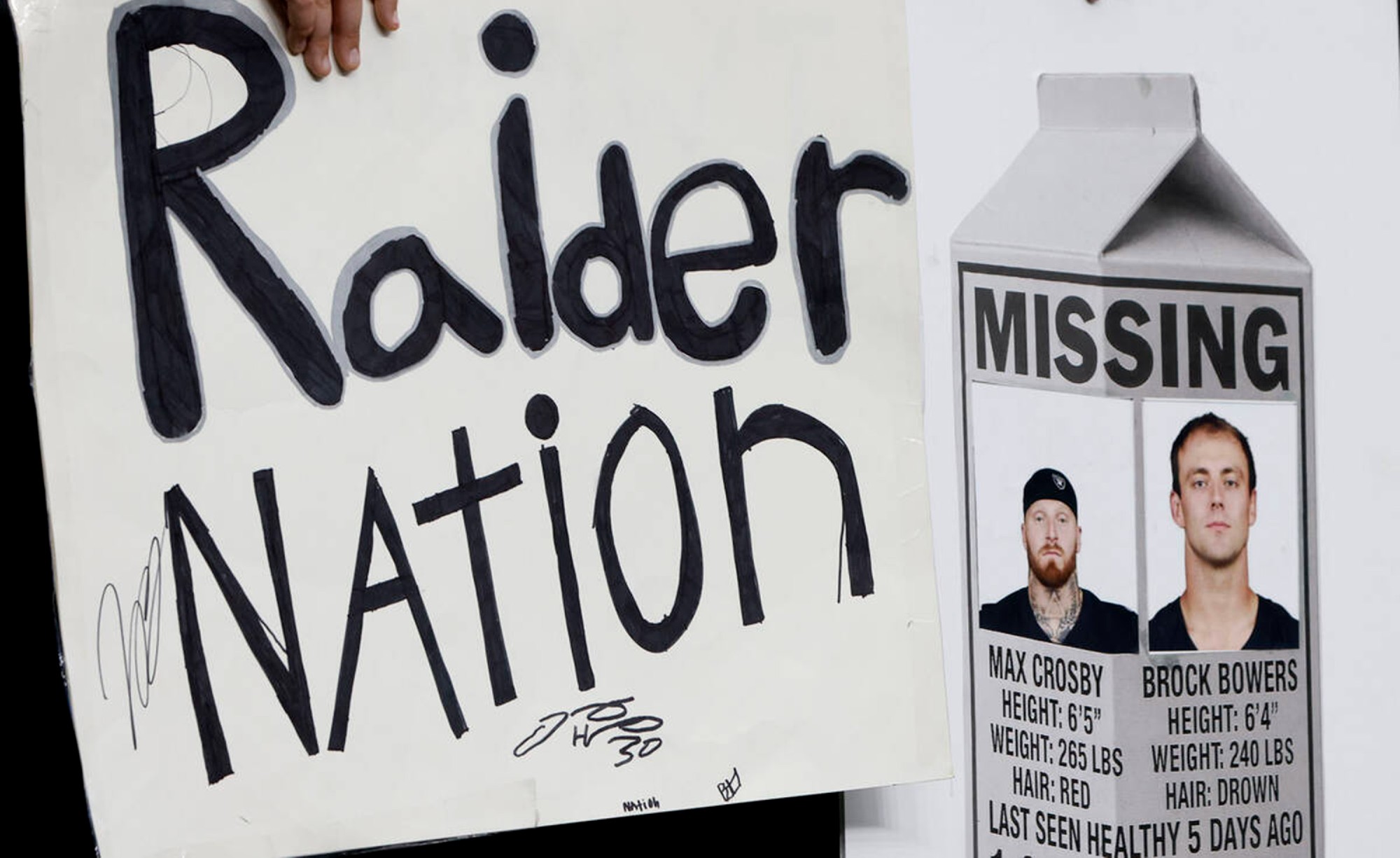 Is tanking ruining sports?
Is tanking ruining sports?Today's Big Question The NBA and the NFL want teams to compete to win. What happens if they decide not to?
-
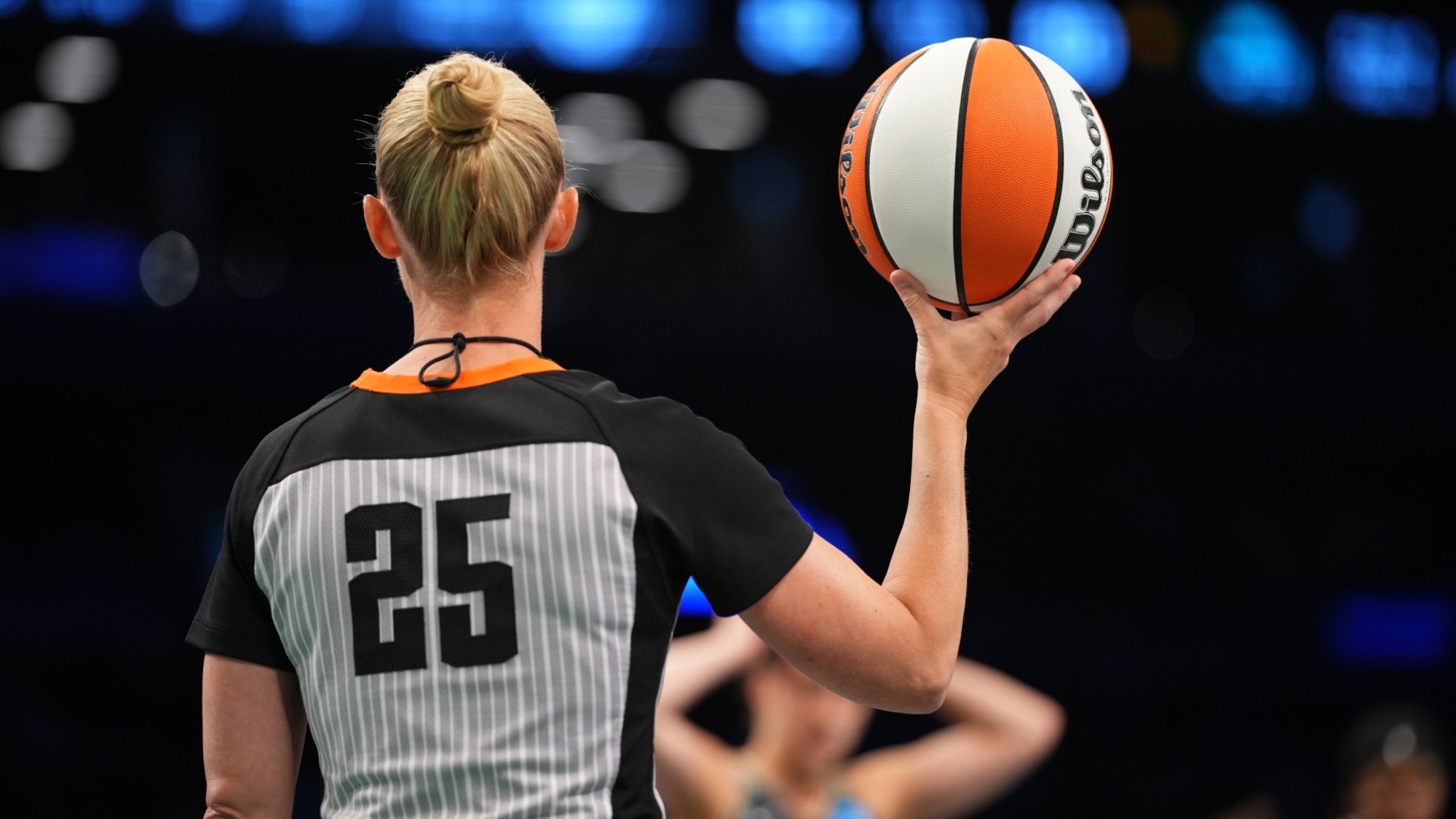 Are referees and 'physicality' hurting the WNBA?
Are referees and 'physicality' hurting the WNBA?Today's Big Question The league is growing, but Caitlin Clark's absence raises questions
-
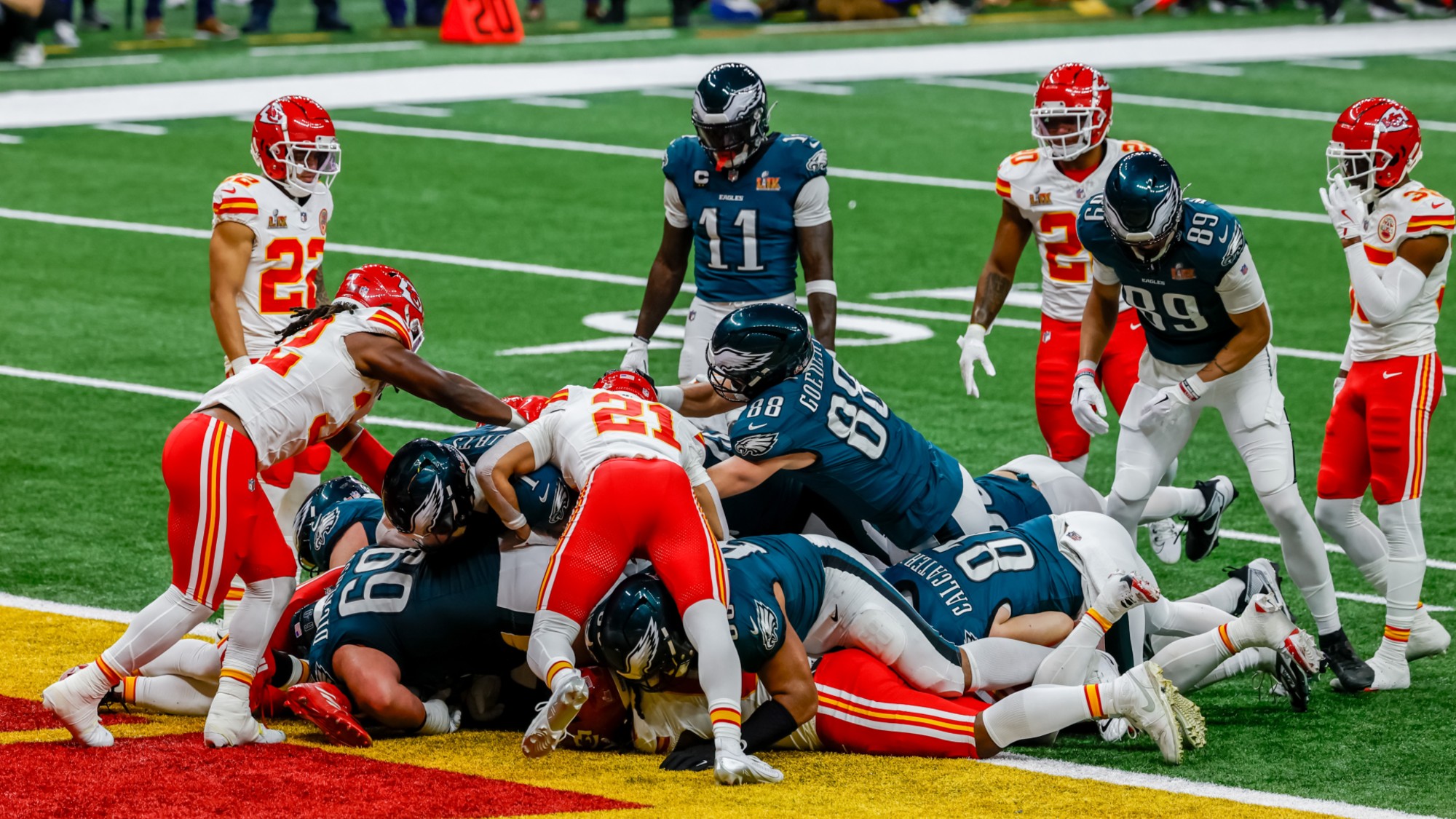 Why is the NFL considering banning the 'tush push' play?
Why is the NFL considering banning the 'tush push' play?Today's Big Question The play is widely used by the Philadelphia Eagles, to other teams' chagrin
-
 How is March Madness changing in the era of NIL and sports betting?
How is March Madness changing in the era of NIL and sports betting?Today's Big Question College sports has experienced a revolution. NIL payments are letting players get paid. The rise of sports betting has brought new pressures to the game.
-
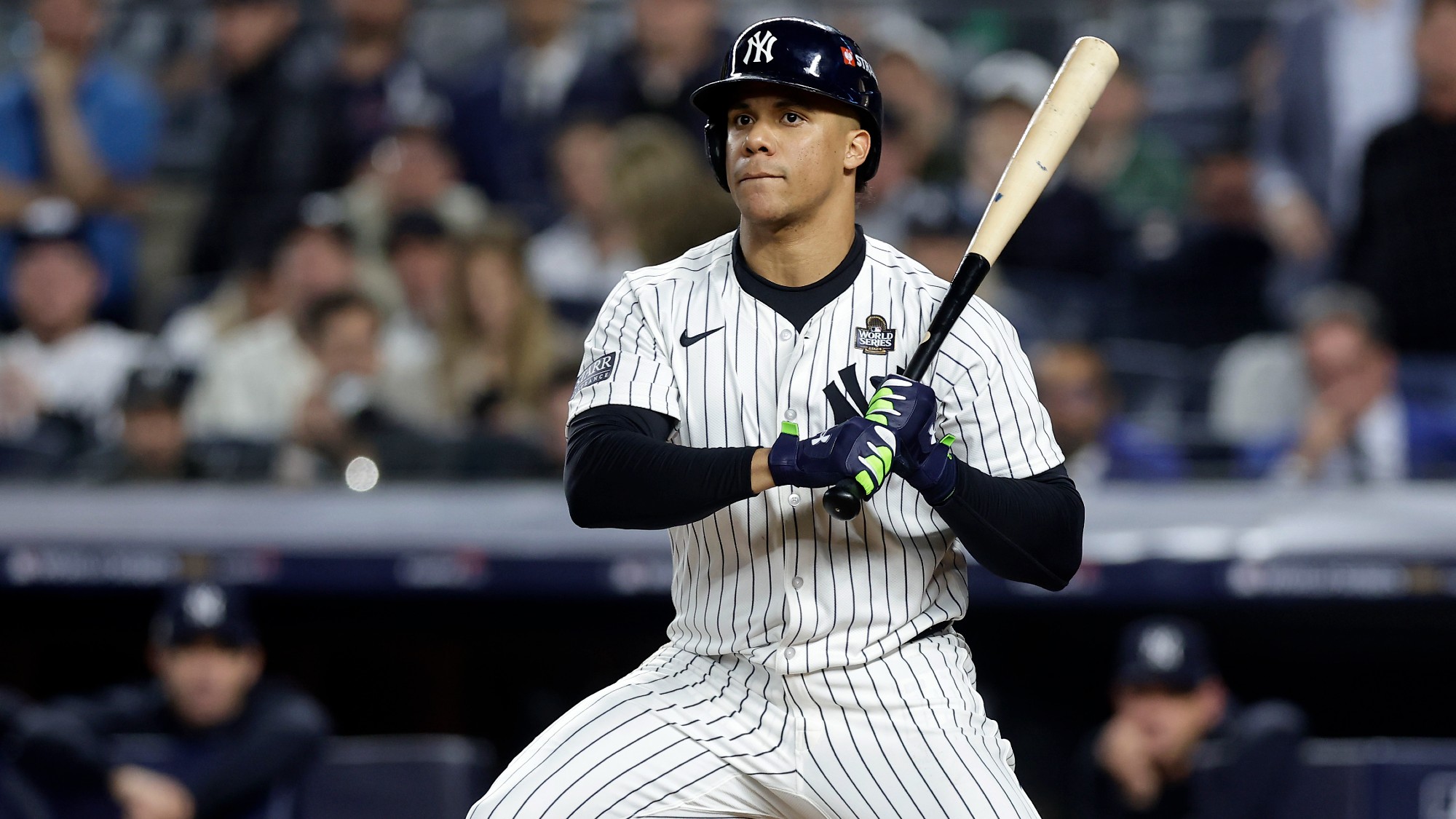 How much is Juan Soto worth?
How much is Juan Soto worth?Today's big question Will the New York Mets regret the record-setting mega-contract signed by the coveted outfielder?
-
 Saudi Arabia World Cup: have lessons been learned from Qatar?
Saudi Arabia World Cup: have lessons been learned from Qatar?Today's Big Question Human rights groups fear a repeat of issues at the 2022 tournament
-
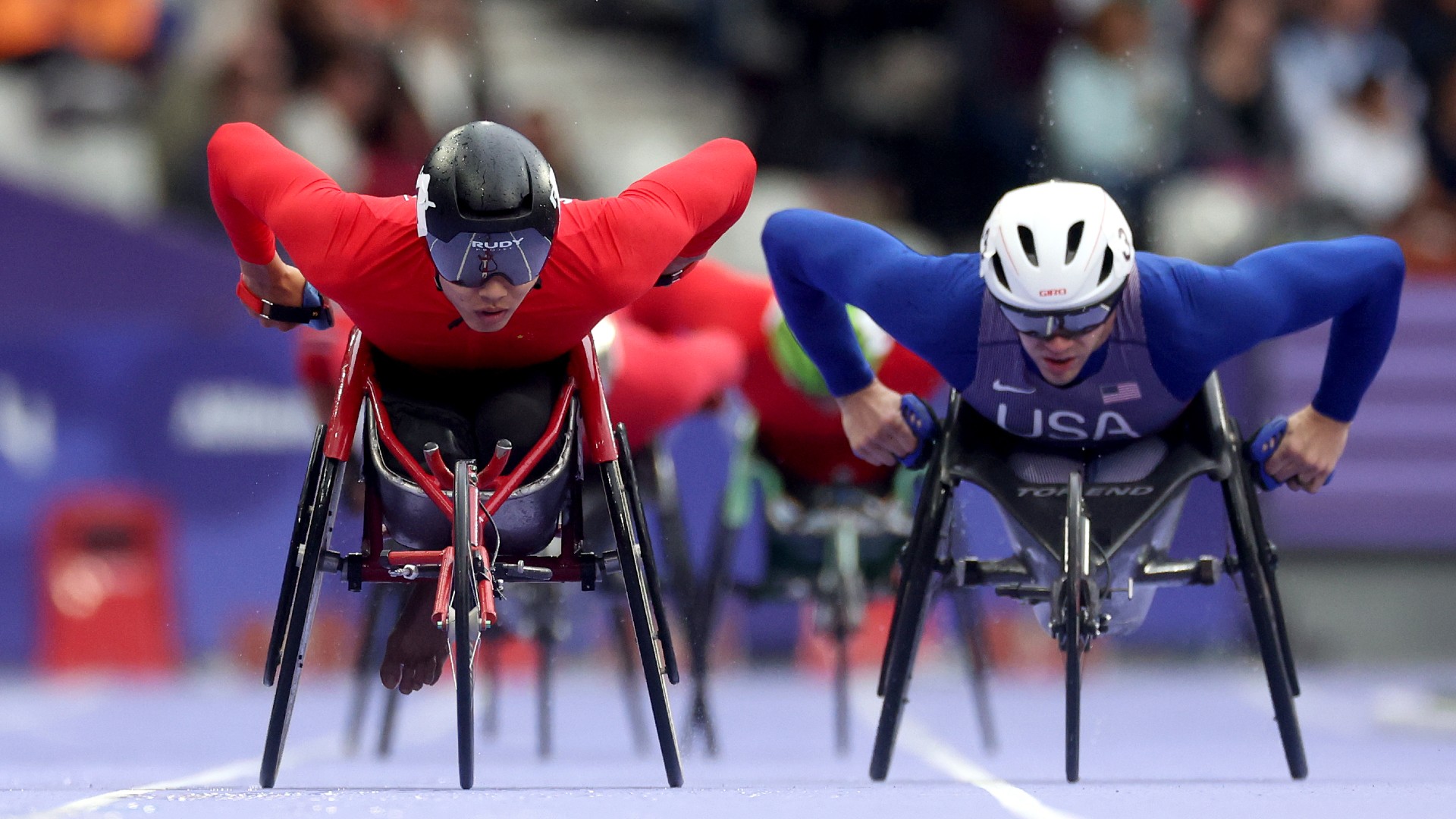 Paralympics: can Team USA turn things around for Los Angeles 2028?
Paralympics: can Team USA turn things around for Los Angeles 2028?Today's Big Question Beijing and London offer model for how hosting can lead to medal success as China maintains dominance
-
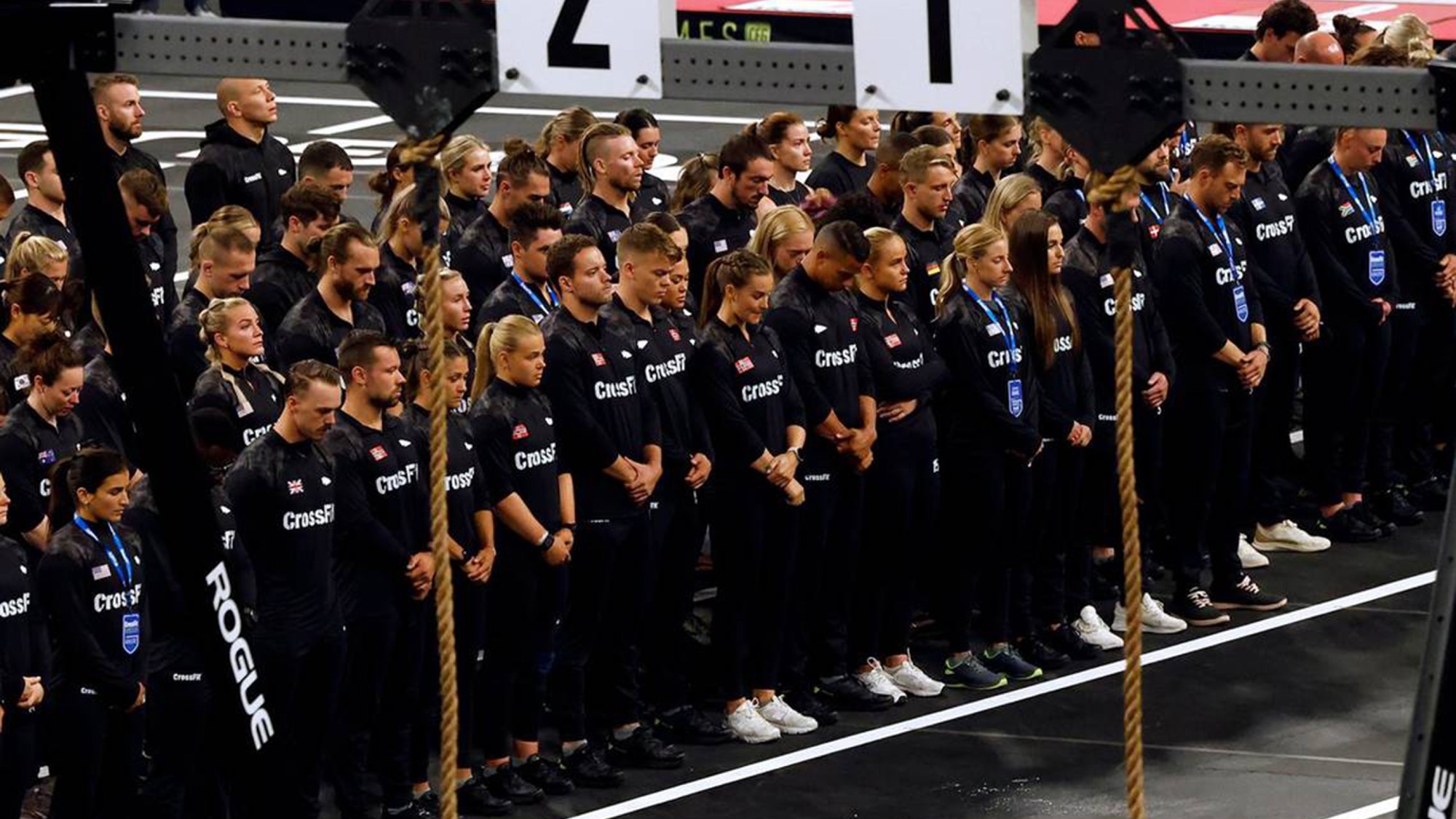 Will a death at the CrossFit Games change the sport?
Will a death at the CrossFit Games change the sport?Today's Big Question CrossFitter Lazar Dukic drowned during a competition earlier this month